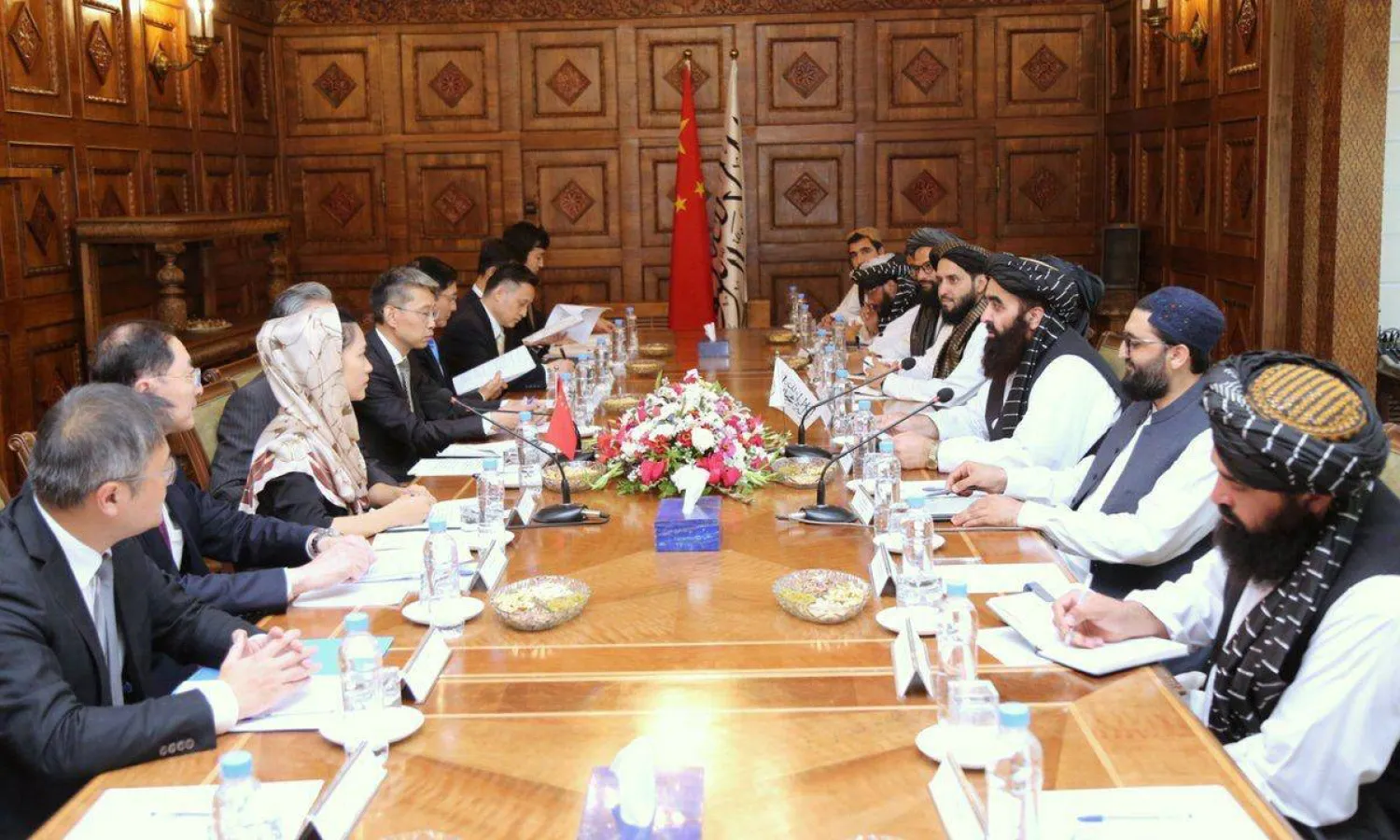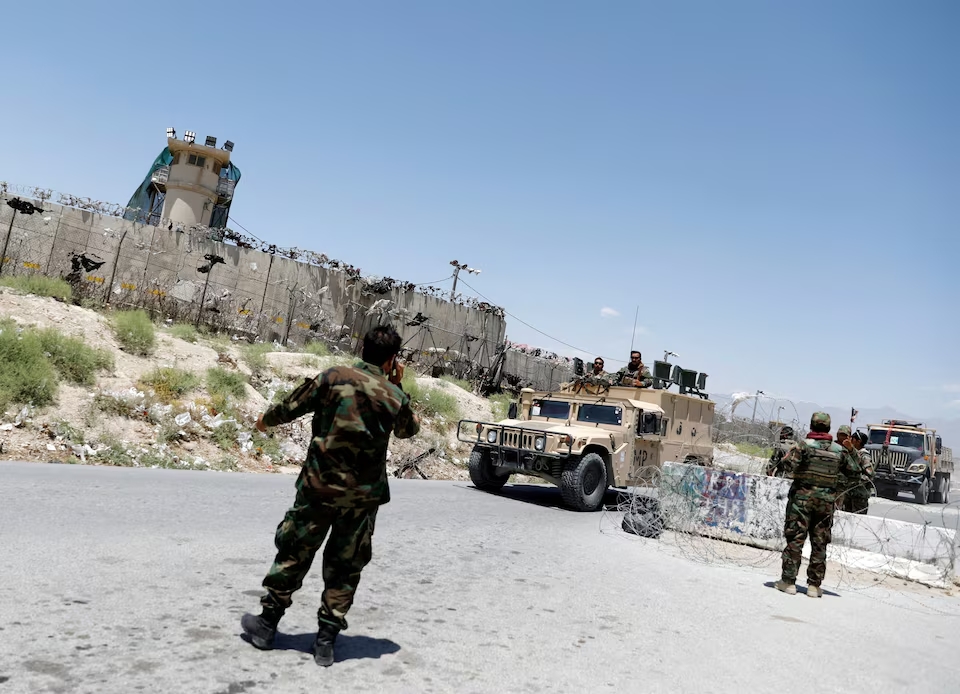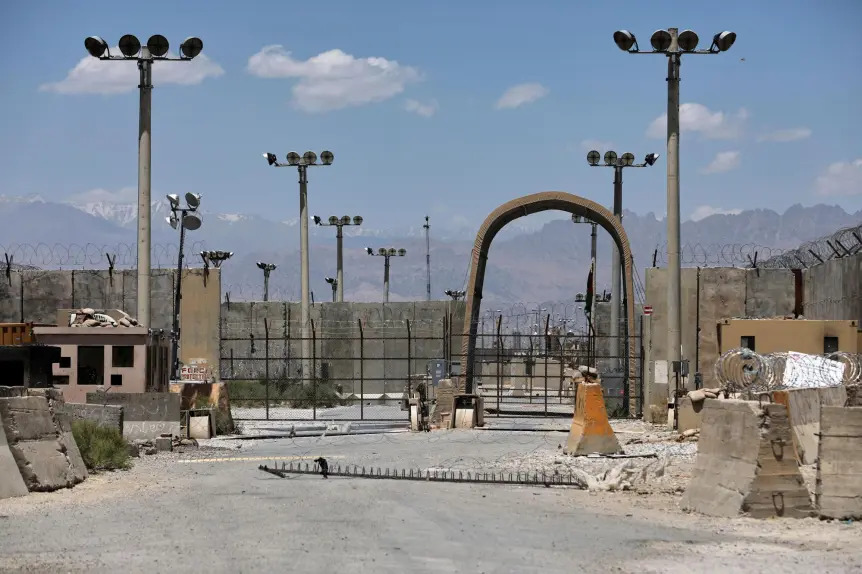
Richard Weitz, Senior Fellow, Hudson Institute
Oct 24, 2025
Recent developments warrant a senior China-U.S. dialogue regarding Afghanistan, beginning with the upcoming meeting between the Chinese and U.S. presidents in Seoul.

Sujit Kumar Datta, Former Chairman of Department of International Relations, University of Chittagong, Bangladesh
Oct 10, 2025
America’s Afghan pullout was a strategic debacle. Going back to Bagram Air Base would only sink the U.S. into another costly, divisive and failure-prone intervention in a geo-economic war at the center of Asia.

Zhang Zhixin, Research Professor of Institute of American Studies, CICIR
Oct 02, 2025
Donald Trump is threatening to retake Bagram Air Base to gain access to Afghanistan’s rich mineral deposits and to check China and other countries. It’s a costly fantasy. Trump himself signed the 2020 Doha Accord, and his about-face reveals a foreign policy driven by political revenge.
Fu Xiaoqiang, Vice President, China Institutes of Contemporary International Relations
Apr 25, 2022
Third high-level meeting of Afghan officials, together with the foreign ministers of neighboring countries, reflected China’s strategic commitment to the greater Middle East region and charted a course that can lead to the end of chaos.
Wang Zhen, Professor and Deputy Director, Institute for International Relation Studies, Shanghai Academy of Social Sciences
Oct 13, 2021
What is the role of the SCO in stabilization and reconstruction? The capacity of its members may be limited, but the U.S. withdrawal presents an opportunity to build credibility. Failure to act may invite skepticism in the international community about the group’s ability to participate in international affairs.
Leonardo Dinic, Expert in Geopolitics and International Business, the Future of Work, and Emerging Technologies
Oct 02, 2021
A Taliban-run Afghanistan poses some benefit to Beijing, particularly if they can maintain stability and steer clear of hostile agreements. And for better or worse, China has the opportunity to fill in gaps left by the fall of the U.S.-supported regime.
Sun Chenghao, Fellow, Center for International Security and Strategy of Tsinghua University; Munich Young Leader 2025
Oct 02, 2021
The transatlantic honeymoon is over. Europe is being forced, in its own best interests, to pursue greater strategic autonomy, since it is finding the United States to be a shaky and unreliable ally. Feeling exposed, Europe will look more toward providing for its own security.
Richard Javad Heydarian, Professorial Chairholder in Geopolitics, Polytechnic University of the Philippines
Sep 19, 2021
Parallels between the U.S. withdrawal in Afghanistan and its previous defeat in Vietnam have been top of mind for many, nowhere more so than in Southeast Asia itself, where American intervention and the ensuing fallout is still being reckoned with today.
Jin Liangxiang, Senior Research Fellow, Shanghai Institute of Int'l Studies
Sep 19, 2021
America’s wounds are wholly self-inflicted, and it has only itself to blame. Many betrayals have been committed over the last two decades, including some against its own allies, undermining their trust.
Doug Bandow, Senior Fellow, Cato Institute
Sep 18, 2021
While Beijing has used Washington’s troop withdrawal out of Afghanistan to their advantage, the aftermath might put the U.S. in a better standing on the geopolitical stage.
Back to Top

- China-US Focus builds trust and understanding between the U.S. and China through open dialogue among thought leaders.
- Our Offerings
- Topics
- Videos
- Podcasts
- Columnists
- Research Reports
- Focus Digest
- Stay Connected
-
Thanks for signing up!
- Get the latest stories from China-US Focus weekly.